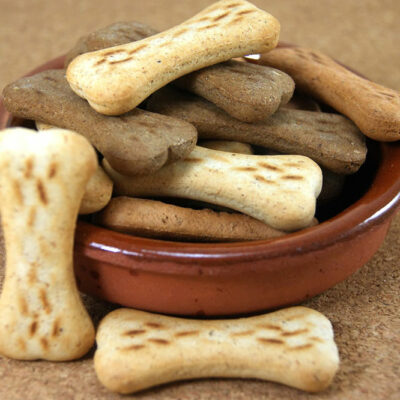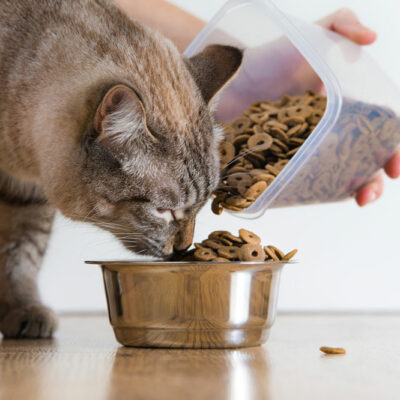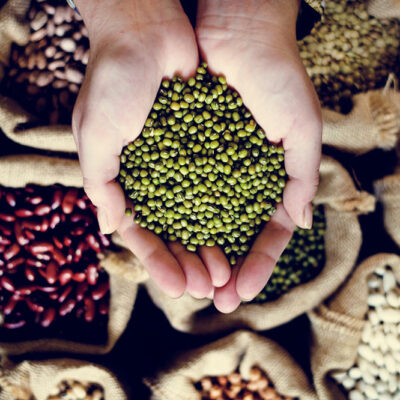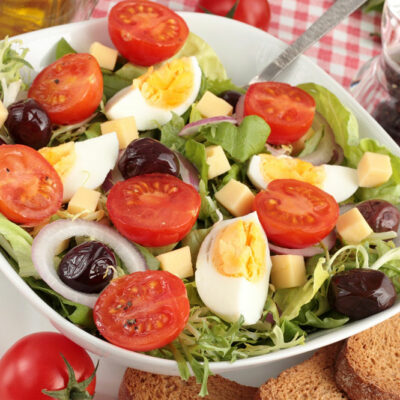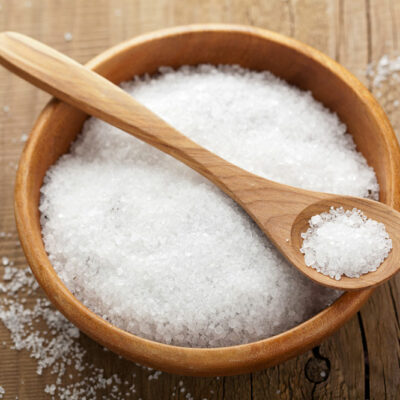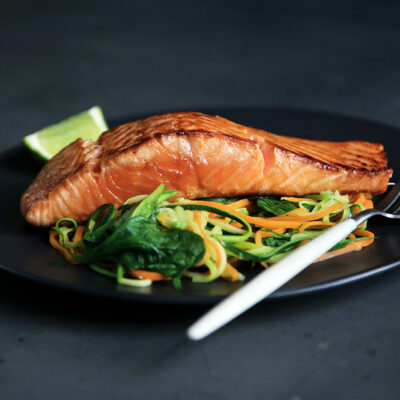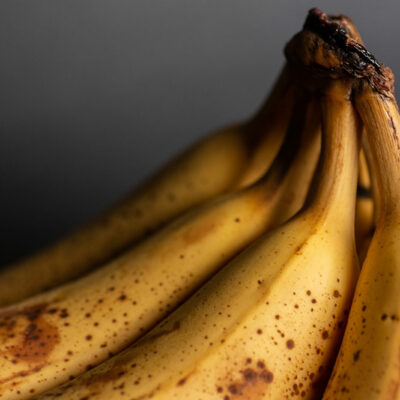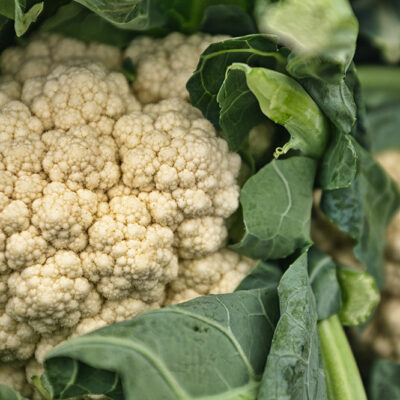
Food
7 Tips for Managing Food Allergies in Dogs
Food allergies cause varying symptoms in dogs. They may cause ear infections, skin health issues, or gastrointestinal trouble, and severe cases can even affect mood. Some pet owners treat their dogs symptomatically without realizing that food is the cause of the problem. Allergies are different from intolerance, as they are immune responses on exposure to an allergen, and following a few simple dietary tips come in handy for managing food allergies in dogs. Consult a vet It’s advisable to visit a vet before concluding that your dog has a food allergy. Misdiagnosing the problem may deprive your dog of proper and timely treatment. Identify the trigger food The easiest and most obvious way to identify a food allergen is to eliminate common foods from your dog’s diet. Even snacks or gelatin capsules that contain vitamins could trigger an allergy. You can switch to a completely different protein source and see if it makes a difference. Then, you can switch the carbohydrate source. When testing a dog’s allergy on an elimination diet, avoid feeding your pet any snacks or food scraps, and sensitize all members of the family to this, as treating your dog will defeat the point of the exercise.
Read More 